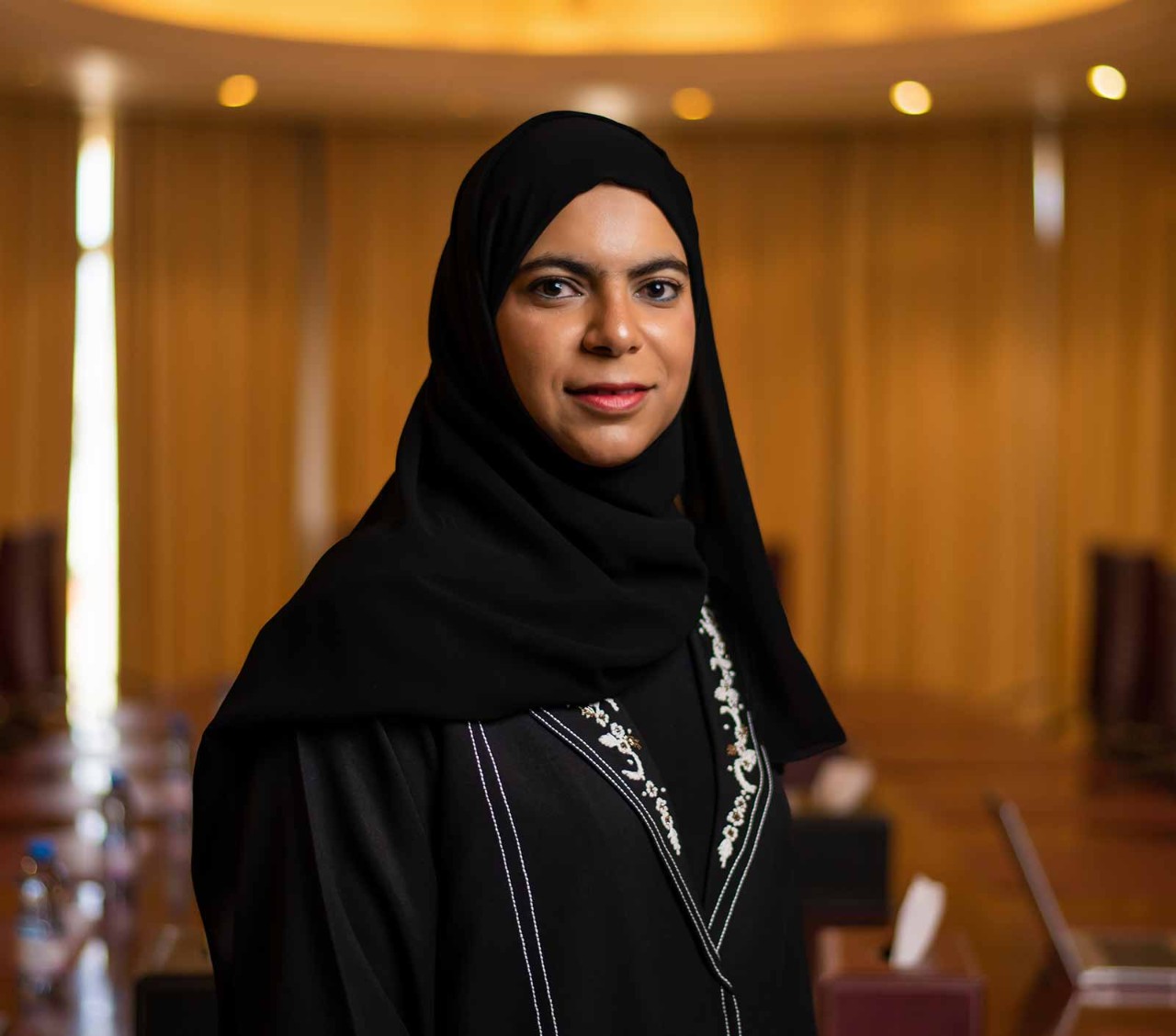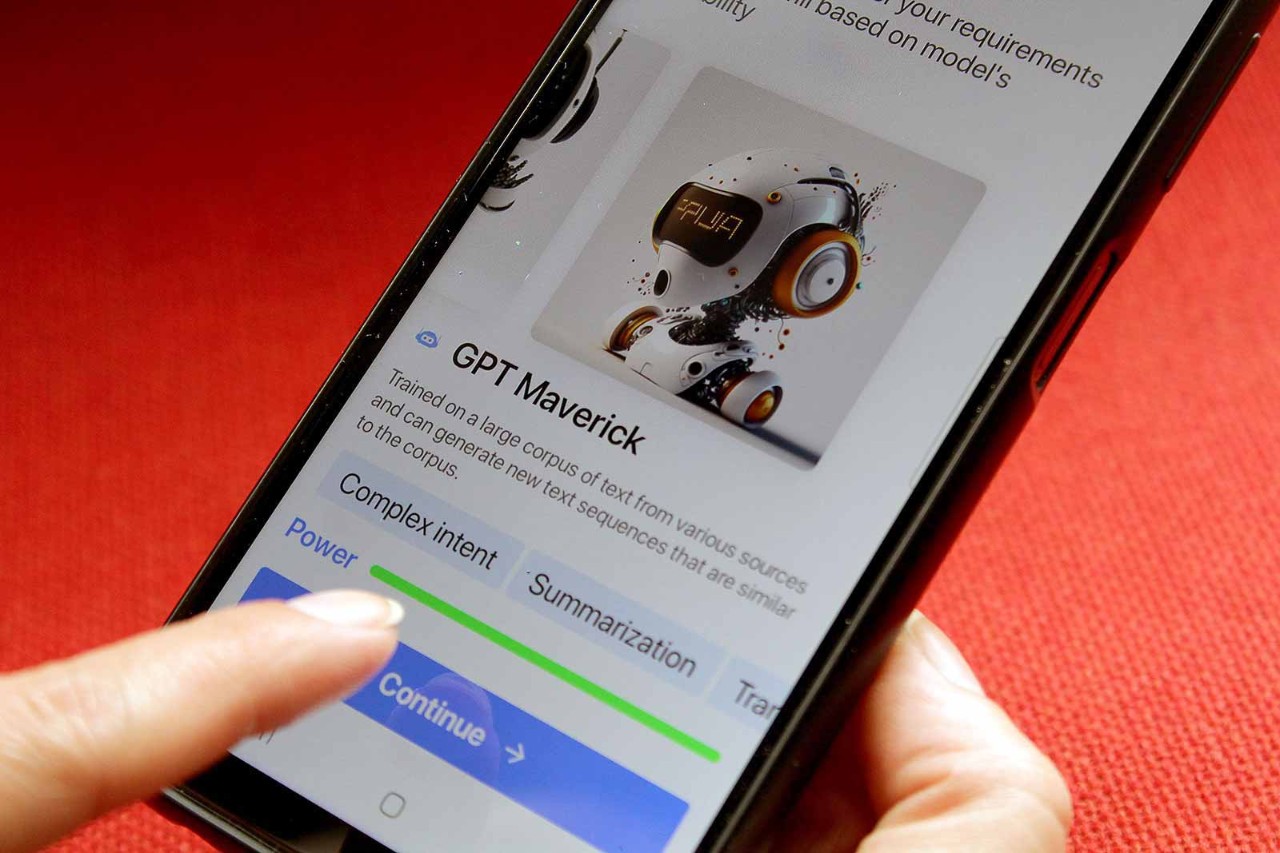
It’s no secret that Dubai wants to become a major metaverse player, and the implications for the local economy could be significant.
The emirate’s metaverse ambitions picked up speed in early 2022 during its hosting of Expo 2020, postponed on account of Covid. The government, with the help of the private sector, has since launched several initiatives including a virtual version of Expo 2020. It has also created the Higher Committee for Future Technology and Digital Economy to oversee the effort to establish Dubai as a major global centre for the adoption of metaverse technology.
Dubai wants to be ready for the transformation the metaverse will bring
‘Dubai has shown over the years that it always aims to be at the forefront of innovation,’ says Fady Kassatly, head of digital and innovation at KPMG Middle East. ‘Its aspirations on the digital transformation and modernisation agenda have been no different.’
Other observers agree that Dubai has a deserved reputation for leveraging new technologies, from smart cities and mobile government to blockchain, and now the metaverse. Its government wants to be ready for the expected fundamental transformation that the metaverse will bring.
Infrastructure
Becoming a leading metaverse player requires the development of a thriving ecosystem of developers, creators and users. Dubai has been building the enabling infrastructure.
Businesses in Dubai are beginning to realise just how broad the metaverse ecosystem is. The technologies it incorporates include cloud computing, power and hardware, virtual reality (VR), augmented reality, gaming technology, social, artificial intelligence (AI), e-commerce and blockchain. It also extends to cryptocurrency and non-fungible tokens.
Port operator DP World is exploring its potential for solving global supply chain challenges
‘Any business that operates within these realms and requires the use of these technologies, which is a large majority of businesses, will be impacted positively by the opportunities that will be brought by the adoption of the metaverse in Dubai,’ Kassatly says.
And plenty of businesses are showing an interest, encouraged by the UAE leadership’s public announcement of plans to invest in the metaverse and its introduction of incentives for public and private sector organisations to venture into the space. Dubai Electricity and Water Authority and the Dubai Virtual Assets Regulatory Authority have established a metaverse presence, while Dubai port operator DP World is exploring its potential for solving global supply chain challenges.
So far the interest of Dubai-based organisations in the adoption of business solutions has been primarily focused on non-critical functions. However, the metaverse is still an emerging concept and its full potential is likely to be significant, reaching across all sectors.
Clear strategy
The Dubai Future Foundation development agency recently published a report that points to metaverse applications in sectors such as communications, education, entertainment, gaming, travel and real estate (see the panel ‘The metaverse’). It identifies the main areas that governments and companies should work on to achieve success with the immersive platform.
The aim is to add US$4bn to Dubai’s GDP and attract 1,000 tech companies by 2030
The report, published in partnership with PwC, summarises the outcomes from Dubai’s first Metaverse Assembly, a 2022 event that brought together 600 technology experts, 40 technology companies and 30 speakers, and attracted 40,000 virtual attendees. It highlights key recommendations and major trends for the emirate’s metaverse strategy. The strategy’s objectives are to add US$4bn to Dubai’s GDP and create 40,000 virtual jobs by 2030, attract 1,000 technology companies to Dubai, and position it as one of the 10 largest metaverse economies in the world.
The report sets out how the metaverse will impact vital economic sectors and help create a better future for society – from enhancing the ability of individuals to control and one day monetise personal data to helping nations achieve diplomatic parity.
Dubai is not the only regional player with metaverse ambitions. ‘The Middle East economy is currently undergoing a rapid digital transformation leading to an industry-wide disruption across various sectors,’ Guy Parsonage, PwC’s metaverse lead, told the Metaverse Assembly.
In Saudi Arabia, for example, KPMG has launched a metaverse centre of excellence supported by Microsoft. The kingdom has also made an immense commitment to investing in the metaverse and in gigacities, creating vast opportunities within the public and private sectors across various industries. Its move is part of the Vision 2030 strategy that aims to make Saudi a digital hub and Riyadh a capital of innovation and AI.
The metaverse
The metaverse will be an immersive 3D version of today’s internet, accessed through a browser or VR headset, where people interact through personal avatars.
Amazon, Apple, Baidu, Google, Meta, Microsoft, Sony and Tencent are just some of the technology companies currently investing heavily in it.
The business potential of the metaverse is diverse. Emirates Airlines plans to use metaverse technology to train 4,000 cabin crew. Manufacturers of luxury goods are considering selling virtual copies of their marques to players of online games. JP Morgan and HSBC have purchased ‘land’ in the metaverse to build a brand presence and host events. And third-party developers are using it as a venue to create applications of interest to their customers.





